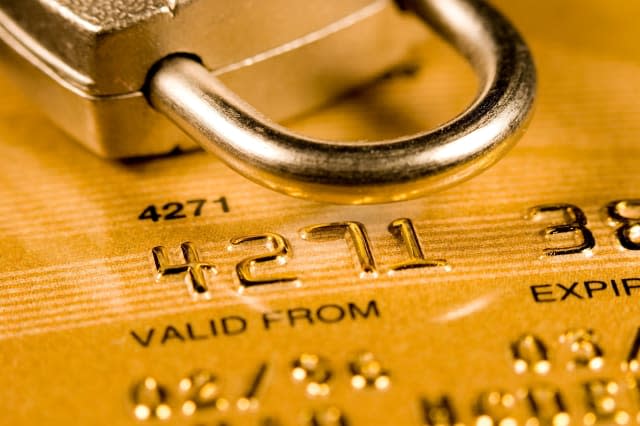One in four fall victim to current account fraud

A quarter of us have had our current account compromised - and the fraudsters have stolen an average of £828 each. While most people eventually get their money back, an alarming one in five never get the cash refunded, because the bank decides they were in some way to blame.
The research, by uSwitch, found that online banking fraud increased by nearly two-thirds last year, making it the fastest growing type of fraud. Two fifths of people think they are now more likely to be the victim of current account fraud than any other kind of crime.
The issue is becoming even more alarming with the fall in interest rates on savings accounts. The fact that some current accounts offer better interest rates than savings accounts mean that increasingly people are likely to be holding hundreds or even thousands of pounds in savings in their current account. It means that even more cash is vulnerable when they are the victim of fraud.
Protect yourself
The rapid rise in sophisticated fraud – a scam is now committed in the UK every 15 seconds – is leaving 59% of victims feeling increasingly helpless, as they believe there is nothing they could do to prevent it taking place.
uSwitch.com is calling on banks to introduce a 24-hour cooling off period when a consumer transfers money over a pre-set amount to a new account. However, in the interim, there are nine steps well worth taking anyway.
1. Make sure anything with your name, address, or any other personal details on is shredded before you throw it away. This is absolutely essential with any correspondence from the bank too.
2. Take steps to make sure your post is safe - and delivered somewhere secure. If you live in a block of flats, consider how you can secure your mail -or consider having sensitive items delivered elsewhere.
3. When you move house, make sure your post is forwarded for at least six months, and take care to inform absolutely every business you have dealings with of your new address.
4. Be aware of when you are expecting things like statements, new cheque books and new cards - so you are aware if they go astray in the post before they reach you.
5. Never give any of your personal details out to anyone over the phone or on the internet - even if they claim to be your bank or the police.
6. Be aware that if you are a victim of fraud, your bank will not contact you and ask for personal details - or set up a new account and get you to transfer your money into it over the phone. These are all lies told by scammers to take your money.
7. Check your bank statements carefully to make sure you recognise each transaction.
8. Check your credit record regularly - as it will include a note of every bit of debt and every financial product you have. Make sure there's nothing unexpected there.
9. If in doubt, contact your bank. If there's anything at all that seems strange - from a rogue entry on your statement to an unusual phone call - get in touch with your bank immediately and let them know. They would always much rather have a false alarm than you push it to the back of your mind and become a victim of fraud.




